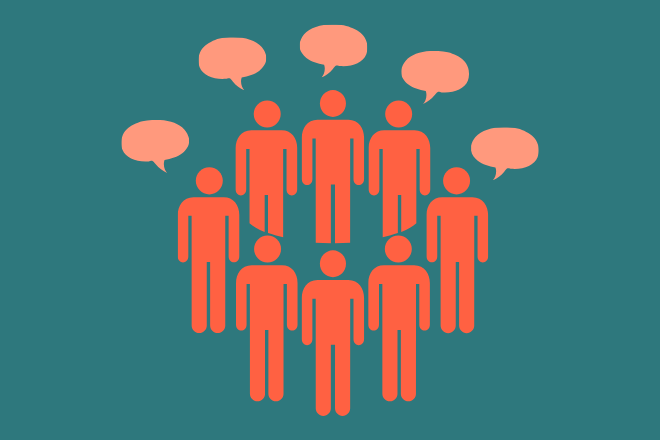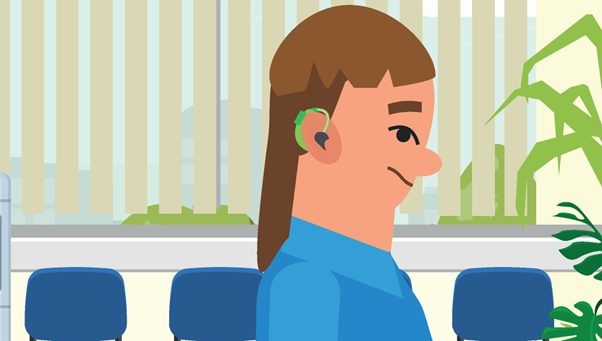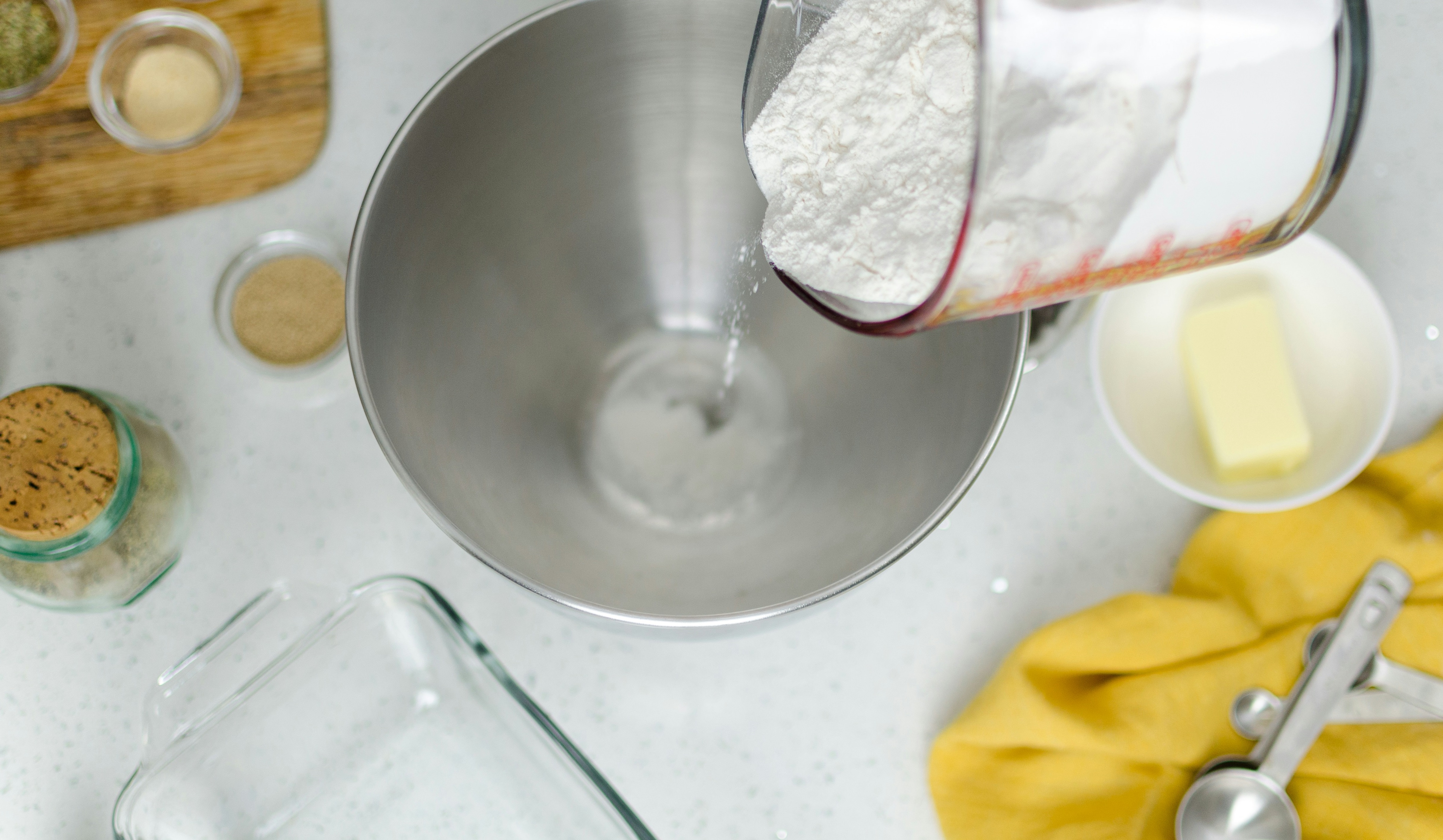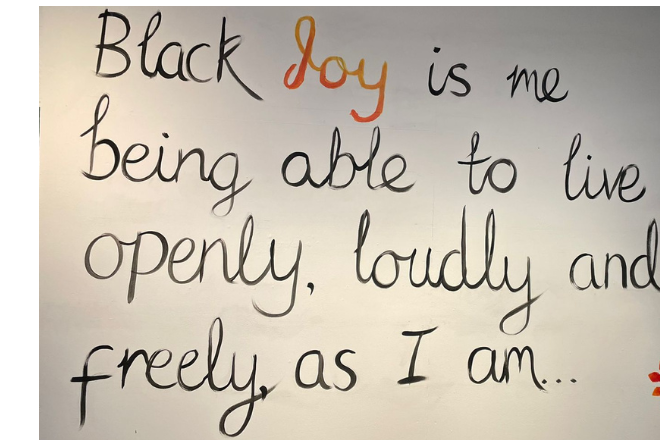Co-Production Collective’s Allies Group advises on our development, acts as a sounding board and helps us make connections across different sectors and settings - you can find out more about them in 'Introducing Co-Production Collective's Allies Group.' Our Allies come from inside and outside UCL(University College London), bringing different experience and expertise to guide us as we champion co-production for lasting change. Here, three of our Allies share what this role means to them.
Laura

I’m Laura Cream and I have worked at UCL for the past 9 years in the team which connects UCL staff and students with communities outside, so that everyone can engage with the ideas that can help us build abetter society together. I’m also a disabled woman with limited mobility and I use a mobility scooter on a daily basis.
I had studied at a university (20 years earlier, giving my age away there…) but when I got the job I’d never worked for a university and didn’t know what to expect. I moved from a small voluntary sector organisation where I knew everyone to an organisation with thousands of staff and students. It was like a small town! I soon discovered that this town also had its own language (full of acronyms and academic terminology), processes, culture and way of doing things. I was both excited and intimidated by the possibilities it offered. 9 years on, even though I am now in a more senior role, I still experience both those feelings on a regular basis.
In many ways, that mixture of excitement and intimidation that getting involved with university research seems to hold is why I care so much about the work of Co-Production Collective. I recognise that researchers can feel way out of their comfort zone when asked to work in a different way. And I know first-hand that stepping into university research from the outside can be a scary step. I’m finding that the Collective’s focus on being inclusive and always considering the human side of things is a powerful way to value the experience and expertise of everyone in the room.
It’s not easy to ask people to change the way they’ve thought, acted and behaved –and it’s not easy to ask it of myself either. I think ironically that’s another reason why I enjoy being an Ally. If my role is to hold the Collective to account on its commitment to being transparent and challenging, then I inevitably have to question my own assumptions and prejudices too. It’s not always comfortable. But it always opens my eyes and ears to the fact that other people think differently from me and that I can learn from them if I’m willing to. This process of gaining the confidence to challenge others and being open to others challenging you at the same time really is at the heart of co-production.
Sarah
.jpg)
I’m Sarah Welsher and my role is to bring together diverse groups of researchers from across UCL who want to improve the health of the public through their research. Together with others at UCL Health of the Public we coordinate cross-disciplinary applications for new research funding (bringing teams together across their different subject areas), run events to bring our research communities together, and we communicate UCL’s amazing research through events and podcasts.
It is hard to make significant improvements to health on a big scale and reduce health inequalities, so I was intrigued to find out more about this approach to involving the public in research, when work on the Collective started. There seemed to be obvious opportunities for us to work together, so I was delighted to join the Allies Group. I’m still here as there are many researchers developing population health research proposals who would like to work with the public, who would benefit from co-production expertise. I always leave the Collective meetings feeling energised and inspired!
Co-production is a great way to design research and interventions with the communities whose health we are aiming to improve. For the best results it makes sense to me to give communities power to shape research and interventions. However, using co-production techniques isn’t always easy or quick so the Co-Production Collective are a valuable resource to support this culture change. I hope you grow from strength to strength!
Laura

I’m Laura Crane and I work at UCL’s Centre for Research in Autism and Education (CRAE). I am a big advocate for co-production in research, and I spend much of my time working with lots of wonderful colleagues to ensure we do research on topics that matter to autistic people and their allies, and that we co-produce this research together.
I joined the Allies Group in 2018, near the very start of Co-Production Collective’s journey; when funding had recently been confirmed and the very first Expert Advice and Ideas session took place. In fact, I attended this event and my first Allies Group meeting on the same day and wrote about my reflections in this blog. It’s been incredible seeing the changes that have taken place since I first got involved with Co-Production Collective…the amount of work that the team has done is just phenomenal, and I’ve learned so much about genuine co-production in research from being part of their community.
The Allies Group is perhaps the part of Co-Production Collective that has changed the most since I first got involved. Being part of the Allies Group has been interesting, to say the least! The Allies Group started off as a series of very formal, business-like meetings and, as the most junior academic in attendance, I spent most of my time feeling slightly petrified! What’s pleased me most about Co-Production Collective’s journey is that the dynamic of the Allies Group meetings has really changed. We have a much more diverse group of people in the room now, and a much less formal structure. I felt that this change was essential, as this was the only area in which I thought Co-Production Collective wasn’t quite living by its values. It’s also a helpful reminder that just because things have always been done in a particular way doesn’t mean they need to continue being done in that way. In every sense, Co-Production Collective has been a real trailblazer in that regard.
It’s been a real pleasure and a privilege to be involved with Co-Production Collective, who are constantly challenging me to do better in my research. I’m really excited to see how the Collective continues to develop, and I hope to meet many more members of the co-production community at future events!




.png)
.jpg)


.png)
.png)

.png)

.png)